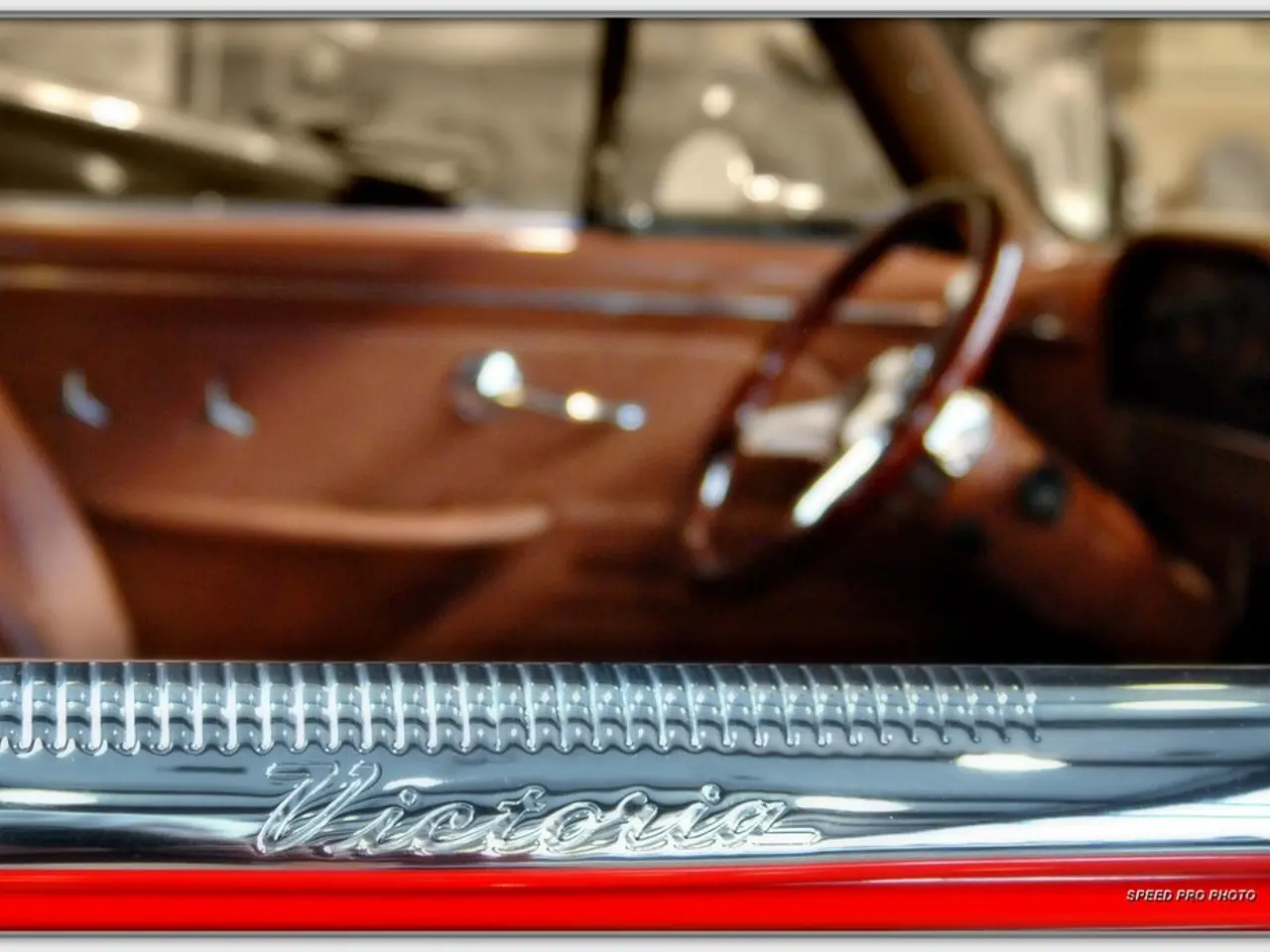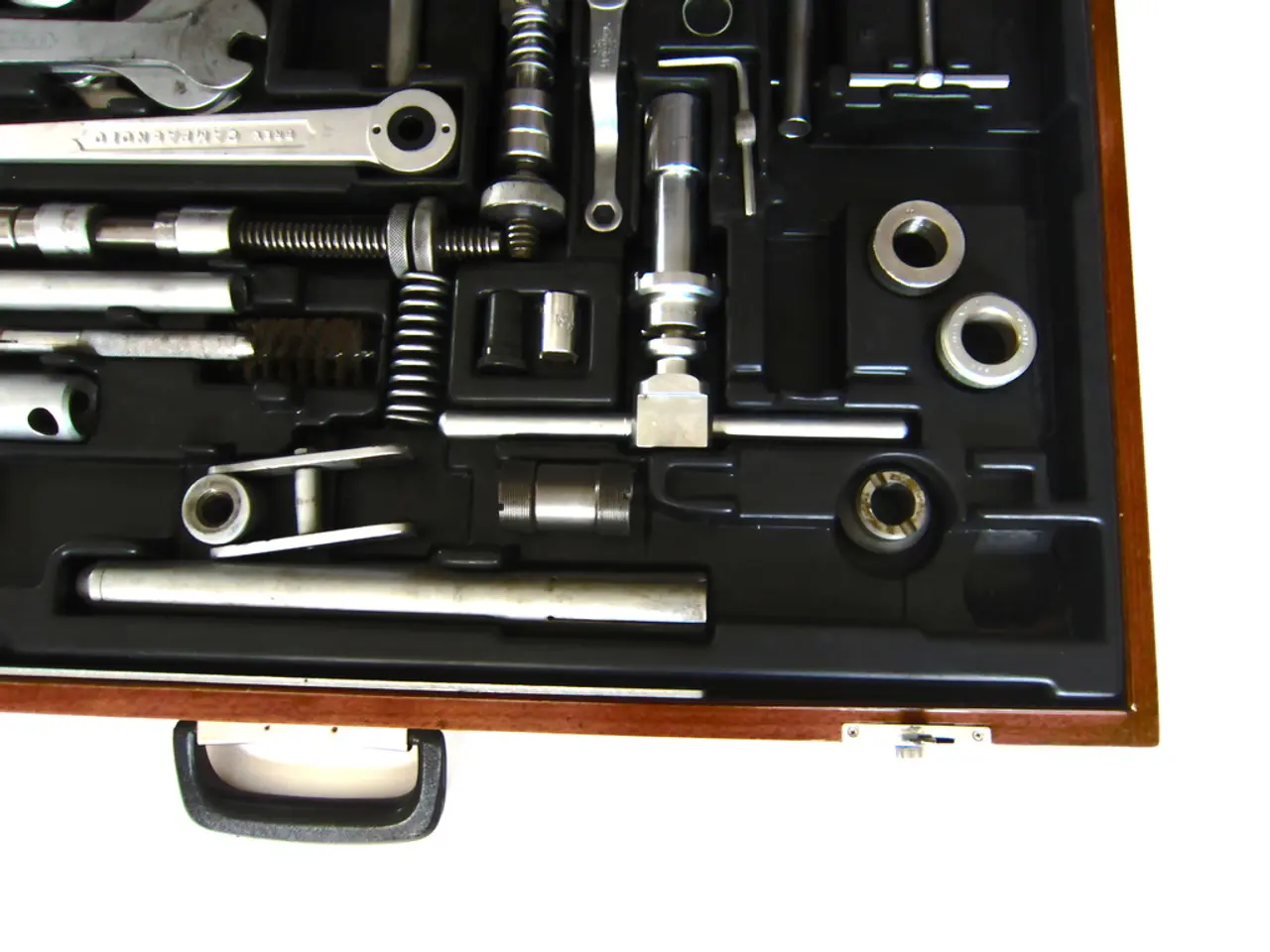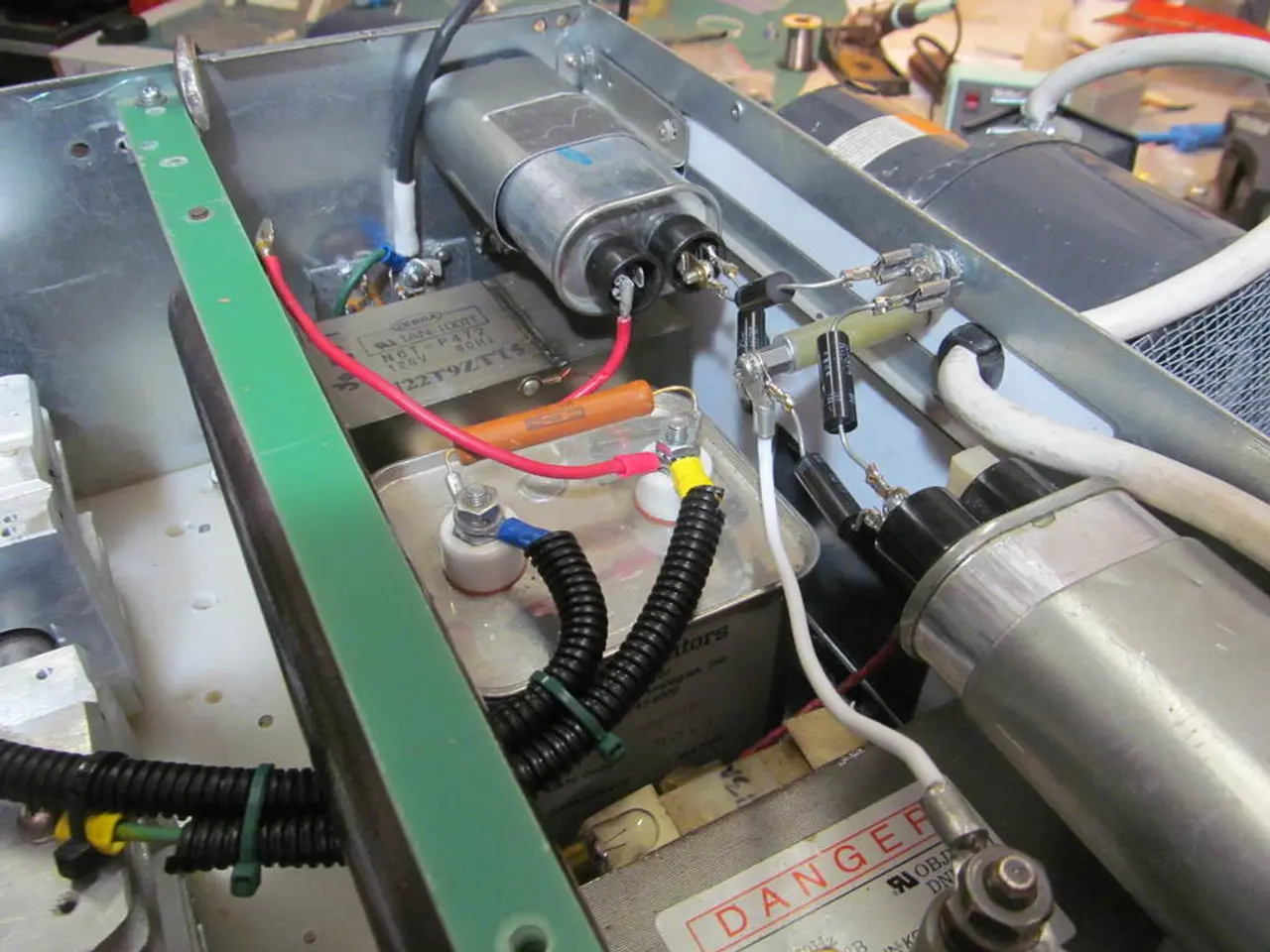Over 200,000 Toyotas in China undergo recall due to faulty adaptive cruise control systems not meeting regulations.
In a significant development, Toyota and Porsche have announced recalls for their vehicles in China, citing safety concerns. The recalls involve several models from both manufacturers, highlighting ongoing challenges in modern vehicle electronics and battery management.
Toyota Recall
Toyota has expanded its recall of Corolla, Levin, and Alphard series vehicles in China. The recalls are due to potential issues with engine reliability and driver-assist features, including adaptive cruise control and idle-stop systems. These technical faults could affect vehicle safety and performance.
The recall covers nearly 700,000 units globally, making it China's largest recall event for Toyota. Certain models like the Corolla Hatchback and Auris were recalled due to suspected engine stalling, which could be related to idle-stop systems malfunctioning and causing unintended engine shutdowns while driving.
In addition, issues have been identified with adaptive cruise control and idle-stop features in the Levin and Alphard series, potentially impacting vehicle acceleration and stopping functions. The recall is also due to inadequate control procedures and insufficient battery insulation.
Porsche Recall
Porsche has also recalled 5,957 Taycan electric vehicles in China due to a risk of loss of power. The recall is primarily due to battery insulation problems that could impact safety. This is the first recall for the Taycan EV in China.
Implications
These recalls underscore ongoing complexities in modern vehicle electronics and battery management. The Toyota recalls focus on engine and driver-assist feature reliability, particularly addressing risks of engine stall caused by idle-stop systems and related safety features. The Porsche recall, while different, also involves battery insulation problems that could impact safety, pointing to a broader industry challenge in managing battery systems in EVs comprehensively.
The recalls were announced on the official website of the State Administration for Market Regulation. Toyota's recall of Corolla, Levin, and Alphard series vehicles involves 116,551 units produced by Tianjin FAW Toyota and 109,034 units produced by GAC Toyota.
Users are advised to suspend the use of the adaptive cruise function and enter the store in time for the program upgrade after the recall begins. For the Porsche Taycan EV, users are advised to charge their vehicles regularly and avoid prolonged periods of idling, particularly in high-temperature conditions.
[1] Source [2] Source [3] Source [4] Source [5] Source
[1] The evolving technology in batteries used in electric vehicles (EVs) is under scrutiny, as evidenced by the battery insulation problems discovered in the Taycan electric vehicles recalled by Porsche.
[2] The expansion of Toyota's recall of Corolla, Levin, and Alphard series vehicles in China points to concerns over the reliability of charging systems, as these technical faults could impact vehicle performance and safety.
[3] The market for vehicle production is witnessing increased regulation, with the State Administration for Market Regulation announcing recalls for both Toyota and Porsche vehicles in China, underscoring the need for robust oversight in the industry.
[4] The challenges in managing battery systems and ensuring safety in modern vehicle electronics were brought to the forefront by the announcement of recalls for several models from both Toyota and Porsche, primarily due to issues with battery insulation and engine reliability.
[5] The ongoing issues with battery management systems in vehicles, as revealed by the recent recalls, highlight the need for advancements in technology to address these concerns and ensure safe and reliable vehicles for the general public.




